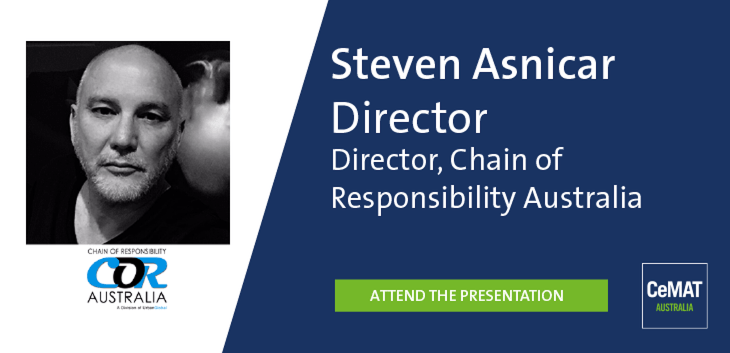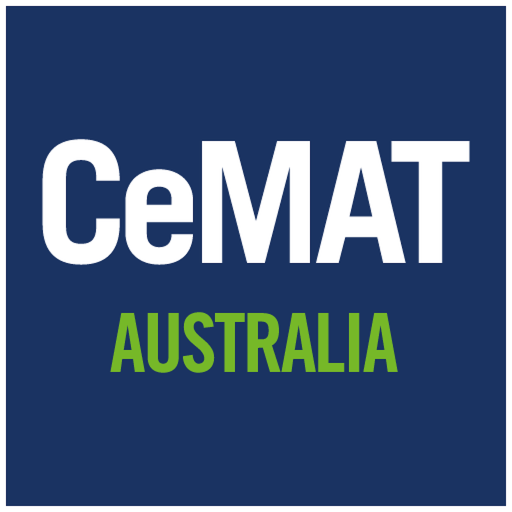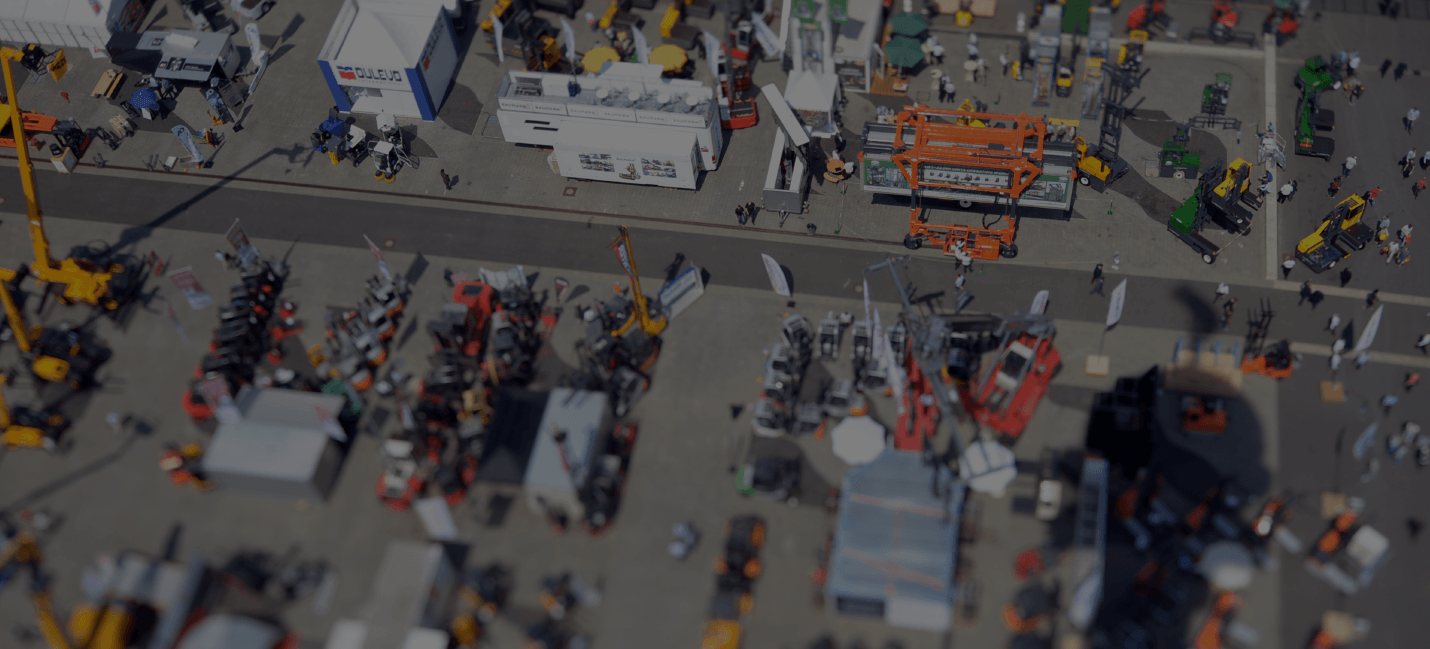The legislation and Chain of Responsibility in the logistic and supply chain industry.
We spoke with Steven Asnicar, Director of Chain of Responsibility Australia about the legislation and law changes around the CoR (Chain of Responsibility) in the Australian logistic and supply chain industry.
Tell us about your background and your experience within the logistics and supply chain industry?
I spent a number of years on the Australian Logistics Council Safety Committee driving change to national laws and the regulator’s focuses as well as working with the National Transport Commission on reviewing the electronic work diary, IAP’s IVMS frameworks and the legislation changes needed to better suit the industry. Add this to 30 years working across multiple sectors and from the ground up, including Boral and many corporations managing major LPG gas tanker fleets and contractors.

Image: Today CoR works across many sectors including the LPG gas tanker fleet.
How did you come to specialise in Chain of Responsibility (CoR) legislation? Is this a topic you’re particularly passionate about?
When I was 18 years of age I was in an accident with a 12-tonne-truck driver who hadn’t slept in three days. I spent 14 days in intensive care and was off work for six months. As I lay on the road with my 12-year-old brother, who was also in the accident, the driver’s first call was to his boss - not the ambulance. You never forget these things.
CoR has implications to so many families when we get this wrong, and the days of people saying its not their problem is over. It is everyone’s problem and everyone’s responsibility under the laws.
I work with many clients and see the change - making our roads safer and getting everyone home safe each day. That is why I do this and challenge everyone and everything.
You will be giving an extended session on CoR law changes in 2018 as part of the CeMAT Knowledge Theatre - Can you give us a hint about two or three of the important learnings attendees will come away with?
The biggest learning is not only about the current state of play but also the new laws and what’s coming after, which impacts on key business decisions at a strategic and operational level.
The challenges with this law is its individual and organisational reach, which goes well past any other law in Australia. The essence of Chain of Responsibility and Risk Management Approaches is simple if you treat it that way. The session will show this is not a complex problem and has an easy solution to meet your legal obligations. We need to de-myth the way people see this law and show them how to achieve it.
Who will benefit from attending your session?
There are more than 165,000 businesses in Australia that need to be compliant in a very short time. The law has been in place since 2005 and the regulator is now very serious about prosecutions at all levels.
What are you most looking forward to or hoping to discover during your visit to the CeMAT Exhibition?
It would be great to see people walk away with a really clear knowledge of many things, including COR Laws.
Steven will be speaking about 'The changes that will affect every business in Australia: NHVL - Chain of Responsibility law changes in 2018' as part of the CeMAT 2018 Knowledge Theatre.



